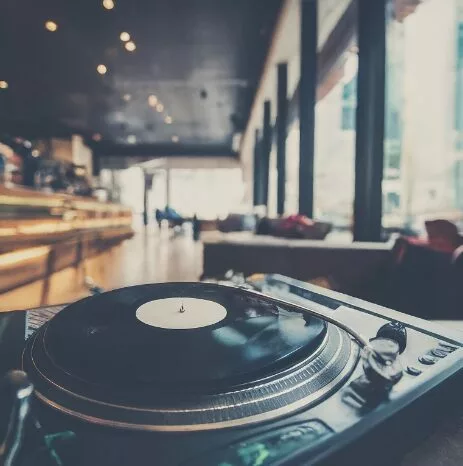In the United Kingdom, music needs to be licensed for public performance due to copyright laws. Copyright protects the rights of creators, such as composers, songwriters, and musicians, and ensures that they are compensated for their work.
Here are some of the reasons why music needs to be licensed for public performance in the UK:
- To protect the rights of creators: Copyright law gives creators exclusive rights over their work, including the right to control how it is used. This means that creators have the right to decide whether or not their music can be performed in public.
- To ensure that creators are compensated for their work: When music is performed in public, it is considered a public performance and requires a license. This license fee helps to compensate creators for the use of their work.
- To support the music industry: The money generated from music licensing fees helps to support the music industry, including creators, performers, and music companies. This support helps to ensure that the music industry can continue to thrive and create new music.
Here are some of the consequences of not licensing music for public performance in the UK:
- Copyright infringement: Performing music in public without a license is a breach of copyright law. This can lead to legal action being taken against the infringer, which could result in fines or imprisonment.
- Financial penalties: The Performing Right Society (PRS) and Phonographic Performance Limited (PPL) are the two organizations responsible for collecting music licensing fees in the UK. These organizations can issue fines to businesses and individuals who perform music in public without a license.
- Damage to reputation: Performing music in public without a license can damage the reputation of the business or individual. This can make it difficult to attract customers or clients.
If you are planning to perform music in public in the UK, it is important to obtain a license from the PRS and PPL. This will ensure that you are complying with copyright law and that you are not putting yourself at risk of legal action or financial penalties.
